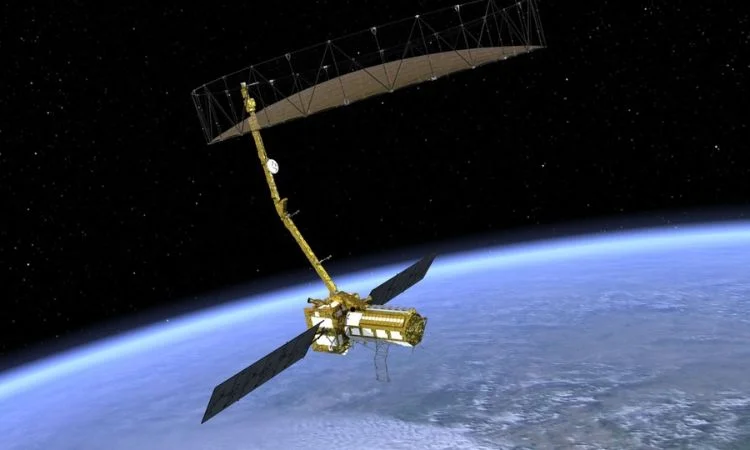The launch of an important joint satellite mission between India and the United States has been postponed to a later date. The Nisar mission aims to study changes on Earth like how glaciers and forests are changing with time. It involves the Indian Space Research Organisation (ISRO) and America’s National Aeronautics and Space Administration (NASA).

The satellite named NISAR was planned to lift off into space from southern India in January sitting atop ISRO’s rocket. But now sources say the launch may happen in March instead. NISAR stands for NASA-ISRO Synthetic Aperture Radar and is a collaborative venture between the two space agencies to put up a satellite equipped with special radar systems.
Radar uses radio waves beamed at objects to obtain detailed images even in cloudy conditions or at night. NISAR will watch Earth’s surface twice every twelve days using its radar eyes. It aims to understand better how natural disasters like floods and quakes happen. The satellite will also track ways our climate is changing like rising sea levels, melting glaciers and changes to forests by recording their condition over many years.
Some key things NISAR will do is systematically map the whole planet in very high resolution like seeing features as small as 3 to 7 meters. This will allow it see things like cracks forming after quakes or new holes opening in shrinking glaciers. The mission is planned for 3 years during which time it can monitor almost the entire land and ice on Earth.
The liftoff has reportedly been pushed back due to some ongoing checks and tests on the satellite and rocket. It is now slated for March instead of January to allow more time to be doubly sure all systems are working perfectly before launch. ISRO and NASA wish to proceed carefully as NISAR’s success is very important for understanding changes happening to the planet we live on.
Both space agencies will continue their collaboration to prepare well for the new March timeline. The launch will still take place from ISRO’s launch site in Sriharikota, South India once tests are cleared. This joint venture satellite and its capable radar technology hold great potential to reveal insights furthering knowledge of our changing world. All efforts will be made to ensure its smooth delivery to space.
NISAR’s launch postponement is a prudent measure for such an important science mission. Careful checks now can help ensure many years of productive observations from orbit to illuminate critical environmental shifts underway on Earth.















